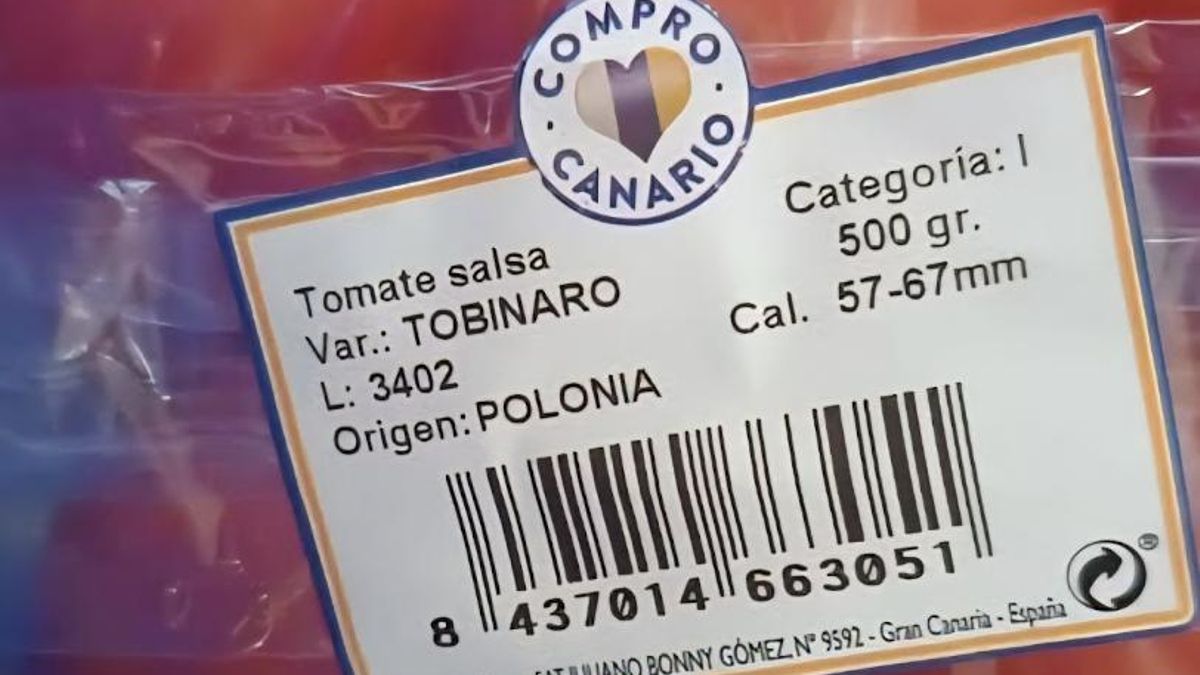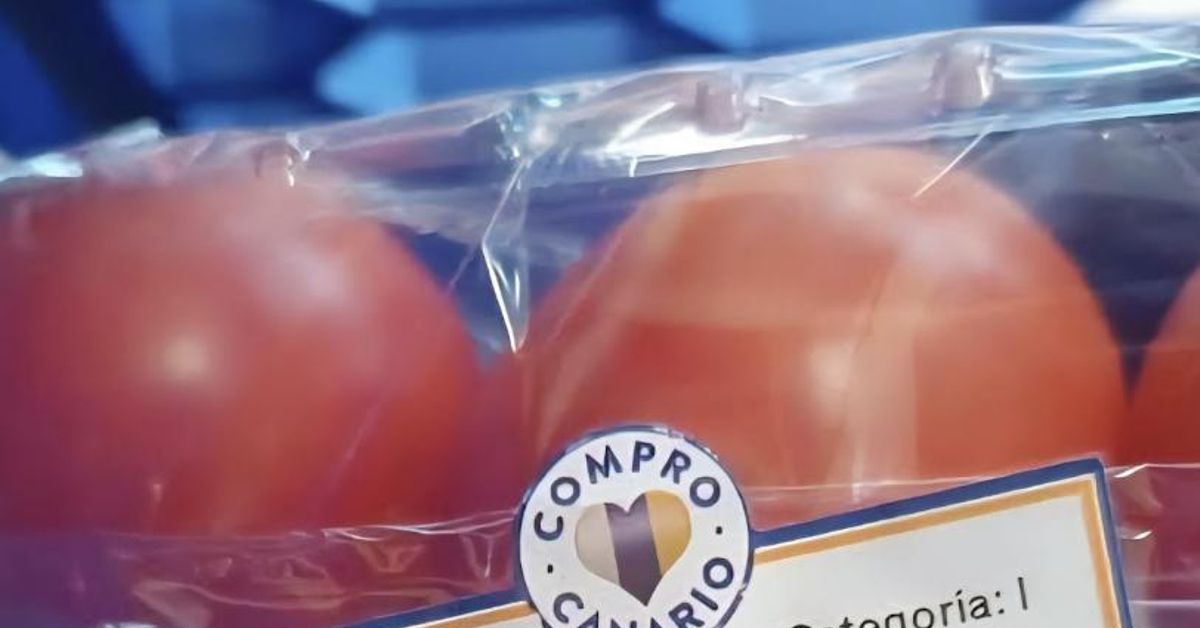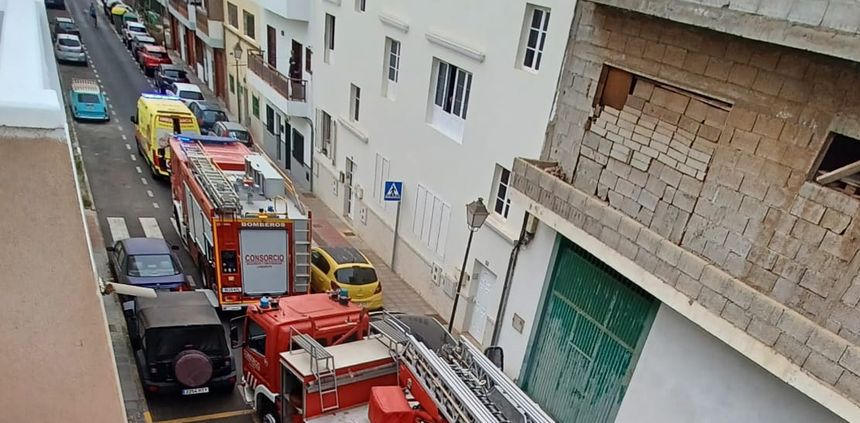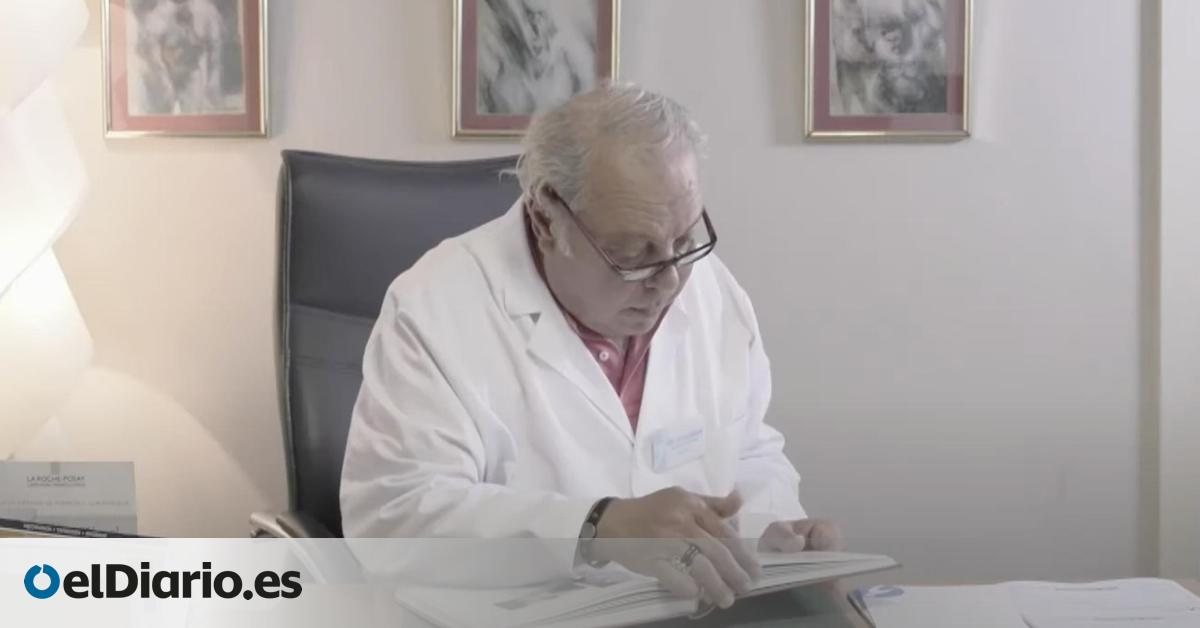Protecting Gran Canaria’s Agrifood Heritage

Gran Canaria cannot afford to lose its agrifood heritage to deception and confusion. Governments must support protective measures, and consumers need to be demanding and responsible.
Increasingly, shoppers are discovering products in some supermarkets that, despite appearing “Canarian,” actually originate from far-off places. A recent case involved tomatoes labelled as “compro canario,” adorned with a heart in the colours of the Canarian flag. The troubling detail? The product was sourced from Poland. This is not an isolated incident; the same is true for potatoes from the United Kingdom, concealed under vague labels that exploit consumers’ goodwill.
### The Impact on Gran Canaria’s Primary Sector
Such practices constitute not only a fraud against consumers who believe they are supporting local products but also a direct blow to Gran Canaria’s primary sector, which is already suffering due to globalisation, transport costs, and unfair competition.
The response lies with government authorities, who must act decisively to protect both producers and consumers. The focus should be on establishing and consolidating protective measures, such as Protected Designations of Origin (DOP), Protected Geographical Indications (IGP), or Guaranteed Traditional Specialities (ETG).
### Understanding Protective Designations
These labels are not just acronyms; they are legal tools that provide guarantees, traceability, and added value. The European regulation (R-UE 1151/12) is clear on this matter: they allow for the protection of the names of agricultural and food products linked to a geographical area, ensure fair compensation for producers, and provide transparent information to consumers. In other words, they enable us to distinguish the authentic from the impostor.
Gran Canaria possesses a rich agrifood heritage that is integral to its cultural identity and economic future. Ancient potatoes, artisan cheeses, unique wines, and honeys, along with gofio, are treasures that cannot be left unprotected in the marketplace. Their quality extends beyond mere taste or tradition; it is closely tied to the geographical and human environment that produces them.
### Steps Already Taken
The Cabildo of Gran Canaria has already taken significant steps in this direction by supporting the primary sector in creating quality labels and enhancing the value of our products. This should be the way forward: to invest in systems that differentiate our goods, bolster their prestige, and make it impossible for a Polish tomato to masquerade as Canarian.
### The Role of Consumers
As consumers, we also have a role to play. We must scrutinise labels, learn to recognise what DOP, IGP, or ETG means, and demand transparency. When purchasing a local product with a quality seal, we are not merely buying food; we are supporting our rural world, our farmers and livestock producers, and a sustainable future model.
Gran Canaria cannot allow its agrifood heritage to be lost to deception and confusion. Authorities must back protective measures, and consumers must be demanding and responsible. Only then can we ensure that when we see “Canarian product” on a shelf, we can be certain that what lies before us is authentic, from our land, and carries the added value that distinguishes it.














